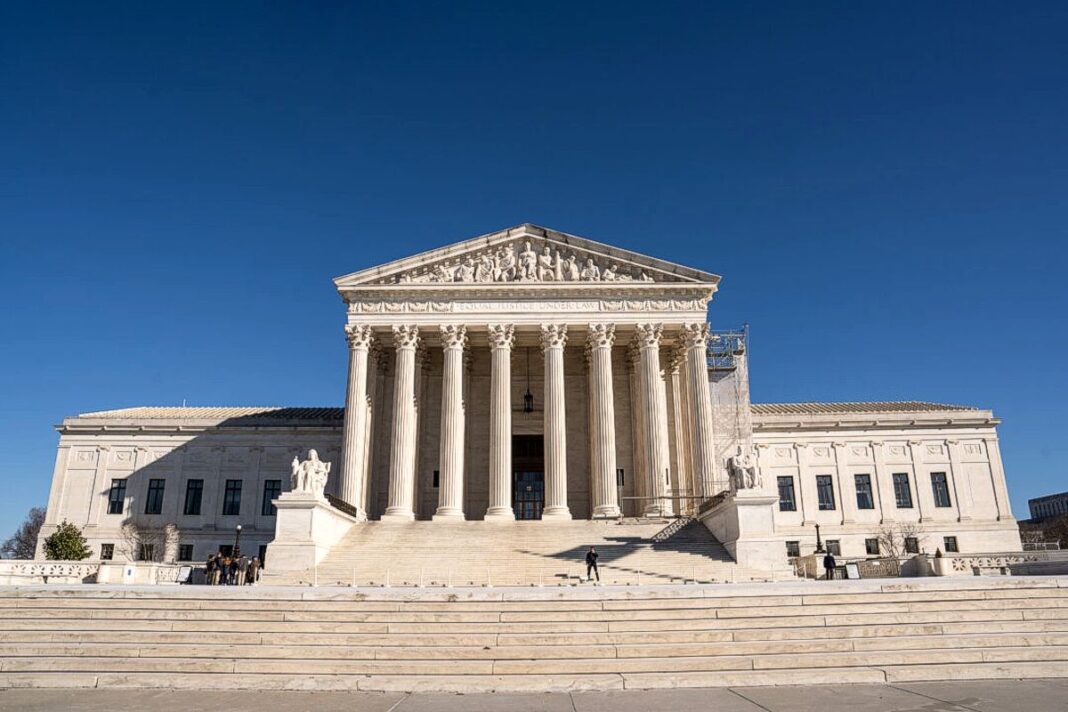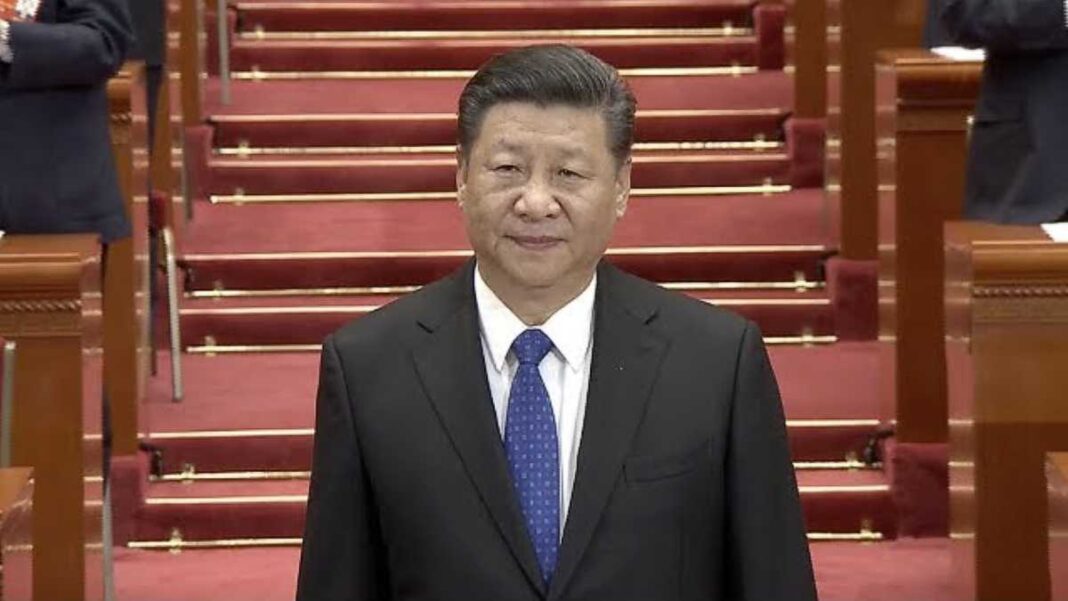The state argues that no one’s rights were violated when it decided to exclude Planned Parenthood from its Medicaid program.
The U.S. Supreme Court on April 2 weighed whether South Carolina can stop abortion provider Planned Parenthood from taking part in the state’s Medicaid program.
Medicaid is a joint federal–state program that offers health insurance coverage to low-income Americans.
Although the case, known as Medina v. Planned Parenthood South Atlantic, does not center on abortion, it is being closely watched because if the nation’s highest court finds for South Carolina, the ruling could encourage more states to boot the organization from their Medicaid networks.
Missouri, Arkansas, Mississippi, and Texas have already removed Planned Parenthood from state Medicaid networks, the organization reported.
The case comes after the Supreme Court ruled in a separate appeal, Health and Hospital Corp. of Marion County v. Talevski, in June 2023, that Medicaid enrollees have the right to sue when state officials violate their rights.
The petitioner in the current case, Eunice Medina, is the director of the South Carolina Department of Health and Human Services.
Although the respondent, Planned Parenthood, is a major provider of abortion services, it also offers other services such as birth control and pregnancy testing.
The case goes back to July 2018, when South Carolina Gov. Henry McMaster signed Executive Order 2018-21, affirming that the state “has a strong culture and longstanding tradition of protecting and defending the life and liberty of unborn children.”
The executive fiat directed state health officials to “deem abortion clinics unqualified to provide family planning services.”
The order also required officials to terminate clinics’ enrollment agreements and deny their enrollment applications in the future.
The directive followed a state law that forbids the use of state funds to pay for abortions.
The issue in the case at hand is whether “the Medicaid Act’s any-qualified-provider provision unambiguously confers a private right upon a Medicaid beneficiary to choose a specific provider,” according to the June 2024 petition.
Federal courts of appeals disagree on how the provision should be interpreted.
The U.S. Court of Appeals for the Fourth Circuit heard the South Carolina case and, in March 2024, ruled against the state.







